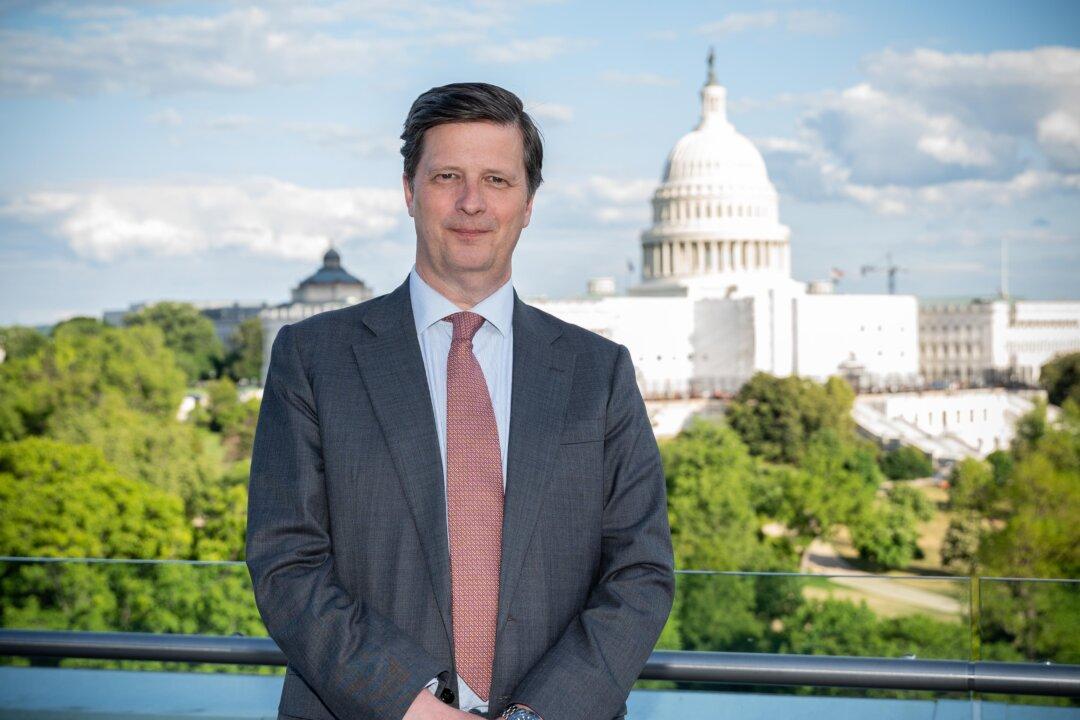When a country’s local government on the lowest level is very strong, and each higher level of governance has less and less power, with the central government being very weak, the country is best suited to become stable and successful, said Eduard Habsburg.
Although monarchy and constitutional republic are diametrically different systems of governance, the United States and the former Austro-Hungarian Empire were both employing the same principle of subsidiarity, Habsburg, a member of the house of Habsburg-Lorraine, the former ruling family of Austria-Hungary, explained.






